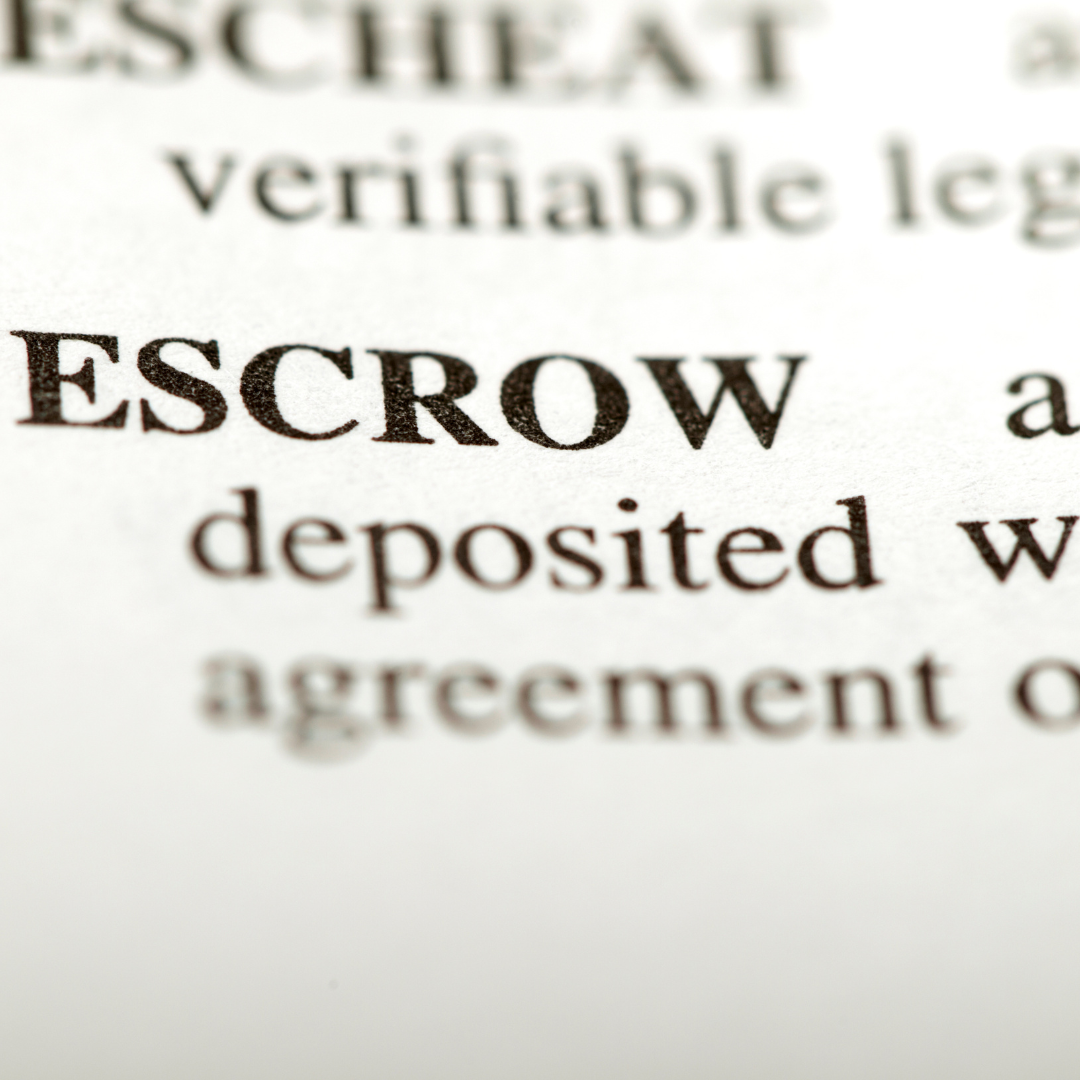
In real estate transactions, the concept of an escrow account, particularly in relation to earnest money, is pivotal for both buyers and sellers. This article demystifies the escrow account, exploring its role in securing earnest money during real estate transactions and underscoring its importance in the home buying process.
Earnest money is a deposit made by a potential homebuyer, signifying commitment to a property purchase. This deposit reassures the seller of the buyer’s serious intent. Typically, it amounts to 1-3% of the home’s purchase price. For deeper insights, Investopedia’s article on earnest money is a valuable resource.
An escrow account is where the earnest money is held securely during the real estate transaction. Managed by an escrow agent (often a title company or attorney), this account ensures that the funds are used according to the agreed terms.
Neutral Third Party: The escrow agent serves as a neutral intermediary, safeguarding the earnest money until the transaction is complete.
Security for Both Parties: The account provides security, protecting the earnest money from misuse.
Disbursement Based on Contract Terms: The escrow agent releases the funds in accordance with the conditions specified in the purchase agreement.
Creating an escrow account involves several key steps:
Choosing an Escrow Agent: Both parties should agree on a reputable escrow agent.
Depositing the Earnest Money: The buyer deposits the earnest money into the account following the signing of the purchase agreement.
Defining Escrow Instructions: The terms for releasing the escrow funds must be clear and mutually agreed upon.
The American Escrow Association offers further guidance on escrow services.
Building Trust: The escrow account enhances trust by showing the buyer’s commitment.
Minimizing Disputes: It reduces the potential for disputes over the earnest money.
Ensuring Compliance: The escrow agent ensures that the release of funds aligns with the contractual obligations.
The escrow agent typically releases the earnest money under two conditions:
Upon Transaction Completion: The earnest money often goes towards the down payment or closing costs at closing.
If the Transaction Fails: If contingencies in the contract, like a failed home inspection, prevent the deal, the buyer usually receives the earnest money back.
While escrow accounts add security, they can face challenges:
Disputes Over Fund Release: Disagreements on contract terms can complicate the release of earnest money.
Delays in Transactions: Prolonged transactions can lead to the earnest money being held longer than expected.
Choosing an experienced and trustworthy escrow agent is crucial. Research and seek recommendations from real estate professionals to find a reliable agent.
In conclusion, an escrow account for earnest money plays a vital role in real estate transactions, protecting both the buyer and seller. It also ensures the secure holding and proper disbursement of earnest money, maintaining trust and minimizing disputes. The system of neutral, third-party oversight is essential for a smooth transaction process. For more information on real estate transactions, Realtor.com provides a wealth of resources and expert advice. Understanding the function and importance of an escrow account in the context of earnest money is key for anyone involved in real estate buying or selling.
We follow and respect the principles of these recognized organizations, even if we are not formally affiliated with some of them.
COPYRIGHT © 2025 EMD TRANSACTIONAL FUNDING
A SERVICE PROVIDED BY GATOR EQUITY LLC.
emdtransactionalfunding.com offers fast and convenient EMD and double-closing funding services for real estate investors and wholesalers nationwide. To get the deposit you need for your next deal, fill out the form or reach out to our team!
A SERVICE PROVIDED BY GATOR EQUITY LLC.
COPYRIGHT © 2025 EMD TRANSACTIONAL FUNDING